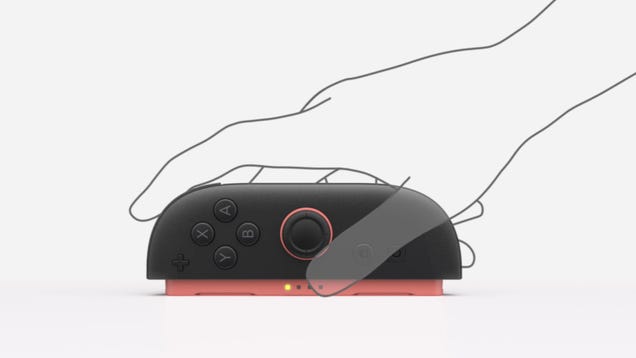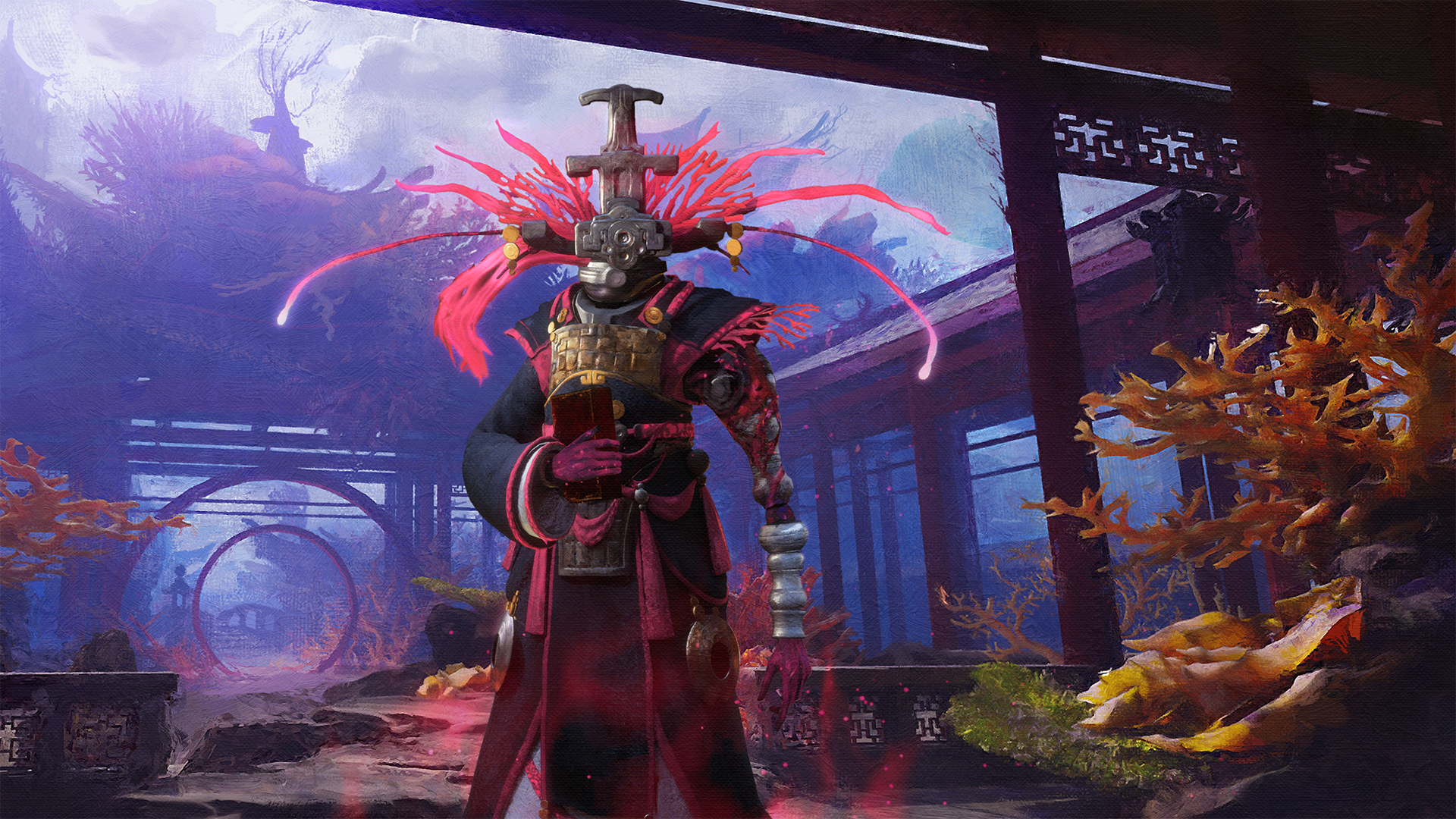
Riot Games have always been vocal about their intention to crack down on toxic behaviour across all their games, including Valorant. Valorant Vanguard, the game’s anti-cheat technology, has done the bulk of the work so far, but Riot Games are taking it a step further now.
From July 13th, Valorant will begin monitoring players’ voice chats and recording all the data. So, unless you want to get caught up in the wild swing of Riot’s ban hammer, it would be good to start practicing your inner calm in Valorant voice comms from now on.
Image Credits | Riot Games
Voice Evaluation
While this Valorant news may shock some players, it’s actually something that’s been in development for more than a year. We already discussed some Valorant quality of life improvements the devs were working on, and today we’ll cover this.
Riot Games first introduced the idea of voice evaluation in Valorant back in April 2021, when they first updated their Privacy Notice and Terms of Service section. Earlier this year, they also did a deep dive where they explored the topic of voice and chat toxicity, and expressed their intentions to improve existing voice chat moderation.
Riot will finally roll out the new Valorant voice evaluation update on July 13th, and it will only affect the English speaking players of the North American region. The other regions are safe…for now.
It’s important to note that this new technology will not immediately be used for disruptive behavior reports, but instead, Riot’s aim is to train their language models and get the technology into good shape before officially launching the beta later this year.
How Will Riot Do This?
This new technology will record the in-game voice communications and analyse whether the reported player violated any of Riot’s behavioral policies. If that ends up being the case, a swift punishment will follow soon after. The voice chat abusers in Valorant may have been getting a free pass until now, but all of that’s about to change once the new voice evaluation system learns enough.
Image Credits | Riot Games
It’s far more difficult to detect unwanted behaviour in voice chat, than it is in classic chat communication. This is where voice evaluation will come into play.
Toxic behaviour in Valorant esports will probably never be fully rooted out, but at least this way Riot can have a better fighting chance in their never-ending effort to combat disruptive behaviour in Valorant.
Privacy Concerns
Nobody likes having a toxic player yelling in their ears while they’re attempting to enjoy a fun Valorant match, that’s for certain. And while we can take the new Valorant voice chat moderation at face value and see all the benefits, it’s also hard to ignore the potential downsides when it comes to player privacy.
Many were initially against Vanguard always running in the background whenever they fired up Valorant on their PC, but players slowly got accustomed. Those that refused, simply uninstalled the game in an act of defiance.
Similarly, the new voice chat moderation tool will most likely be met with mixed reactions. As of this moment, the only way to opt out is to completely disable voice chat. This is not the perfect solution, but certainly beats quitting the game entirely if privacy is your main concern.
All in all, this voice chat system is the next step in Riot’s war against disrupting player behaviour. Whether we like it or not, it’s here to stay.







